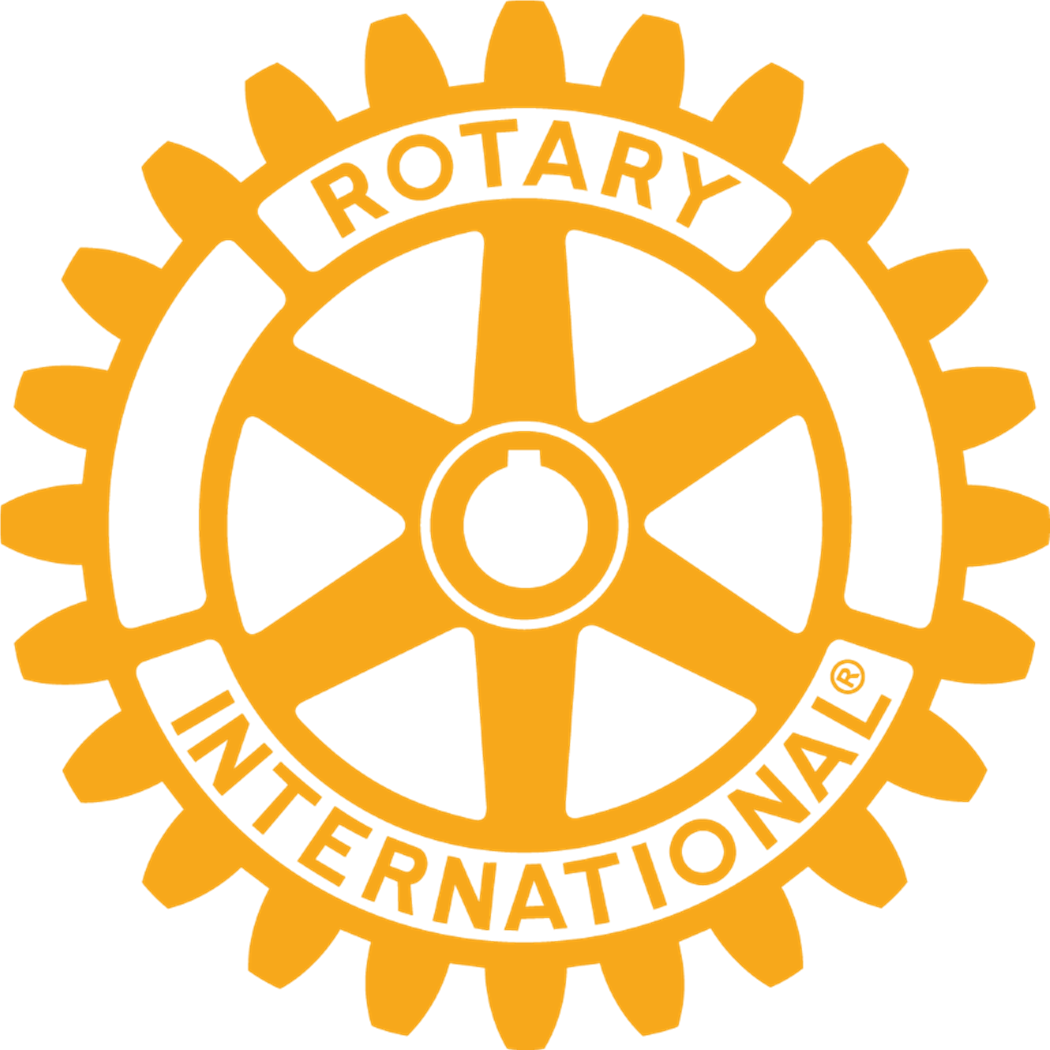.jpg) Mesa West Rotarians had a surprise at the opening of their evening meeting October 24, when District Governor David Simmer sent some Hawaiian Dancers who had entertained at an End Polio Now event in Tempe over to the Mesa West Meeting. The Hawaiian entertainment was to remind Rotarians that the 2020 Rotary International Convention will be held in Honolulu, Hawaii June 6-10, 2020. In addition, the District Conference, which will be held June 26-27, 2020, will have a Hawaiian theme.
Mesa West Rotarians had a surprise at the opening of their evening meeting October 24, when District Governor David Simmer sent some Hawaiian Dancers who had entertained at an End Polio Now event in Tempe over to the Mesa West Meeting. The Hawaiian entertainment was to remind Rotarians that the 2020 Rotary International Convention will be held in Honolulu, Hawaii June 6-10, 2020. In addition, the District Conference, which will be held June 26-27, 2020, will have a Hawaiian theme. Drawing
Chuck Flint announced that the holder of the ticket drawn for the weekly raffle would win $25 and a chance to draw the ace of clubs to win $609. John Benedict was holding the winning ticket which was jointly owned by their little group. When Steve Ross saw the card John drew after carefully shuffling the cards, his look of disappointment was apparent.
Announcement
- President Jim reminded everyone that the club will not meet Thursday, October 31.
Presidential Humor
President Jim did not tell an accounting joke but did share a story about a time when he was traveling in the Bahamas in the fall. He went to a Halloween party while there. One of the other guests had a very real pirate costume with a real hook and a real wooden leg and a patch over one eye. When the guest was asked how he lost his leg, he said that he was in sword fight with another pirate who "whopped me leg off." When asked how he lost his hand, he said that he was on a boat that sank and a shark "bit me hand off." When asked about his eye, the pirate said a seagull pooped in his eye. That prompted a question, "That would not be pleasant, but how could bird poop cause you to go blind?" To which the pirate answered, "It was me first day wit me hook."
Rotary Minute
The meeting was being held on World Polio Day, and President Jim asked Jeanie Morgan to share a personal close-encounter with polio. In 1951 when she was eight years old and living in Denver, Colorado, friends of their family who still lived in Iowa were vacationing in Colorado. They had a daughter a couple years older than Jeanie and another a couple years younger. While that family was visiting in another home in Denver, during a phone conversation, Jeanie's mother showed obvious alarm about symptoms the older girl was experiencing, but were being treated with common household remedies. A couple days later, they came to stay in Jeanie's home, and the older girl was feeling worse. Jeanie's mom was able to reach their family doctor who made an emergency house call, and the older girl, Sharine, was taken to the hospital that night. Within a couple of days, she was in an iron lung. A few days later, Jeanie looked out her dining room window and saw both dads holding onto each other sobbing. She didn't know until that day that men ever cried. Sharine had lost her life to polio. Everyone knows that polio cripples, but polio also kills, and it almost exclusively attacks children. The virus can be present with no symptoms then suddenly become active. Until it is eliminated everywhere, it can come back anywhere. It is frightening that parents in the United States are opting out of immunizations for their children. Jeanie feels strongly that those who lived through the polio epidemic in the fifties need to tell their "close encounter" stories to educate young parents about the risk.
Type 1 polio is still active. This year, there have been three times as many cases as this time a year ago - 94 cases in all - 76 in Pakistan, and 18 in Afghanistan. In history, only three diseases have ever been eradicated - Polio types 2 and 3 and Smallpox. CLICK HERE for a link that will take you to a site that updates weekly with current polio eradication statistics. Once you have it open, save it in your "favorites."
Program
Pam Cohen reminded everyone that the program would be a follow-up to the October 10 meeting discussion to identify a legacy project for Mesa West Rotary. At the October 10 meeting, the discussion narrowed it down to identifying a legacy fundraising event. First, we need to make money, then identify the project(s) where the funds will be used. Projects needed can change over time, but a good legacy fundraising event can become a tradition the entire community looks forward to. The possibilities identified October 10 were a racing event, a golf tournament, a scavenger hunt, a festival and a pony plop.
Since that meeting, Pam identified advocates for each event to present the possibilities at the October 24 follow-up meeting.
Racing Event
Pam reported for Bert Millett who was selected to advocate for a racing event. He was not present but did trust Pam to share his input with his fellow-Rotarians. Bert is involved with a Mesa Triathlon event. He felt that our club was too small to do our own race. There is lots of competition for significant racing events and it takes a very concerted effort to get people to the race. He felt that Mesa West could take on a significant role with the race he is currently involved in, and that some of the proceeds could then be shared to Mesa West Foundation.
Festival
Chris Krueger and Melodie Jackson were chosen to advocate for a festival fundraising project. Melodie was unable to attend, but Chris had placed tasty chocolate morsels on all the tables to influence members that an annual chocolate festival on or near Valentine's Day called "A Chocolate Affair" could be a draw. It could be paired with an art show featuring local artists who would either make a donation to have a booth or share a portion of their sales proceeds (or a combination). Food vendors would have a similar pricing structure. Raffle tickets could be sold. Life and/or silent auction(s) could bring in additional revenue. Live music would add to the festivities and Rotary could have an informational booth. Entrance could be free and asking for donations or with a charged admission price. Registrations would be made through Eventbrite where there would be a chart with a numeric goal for attendance and/or fundraising and progress to date in reaching that goal.
Scavenger Hunt
Dan Coons and Wayne General were the advocates for a scavenger hunt. Dan told about a United Way Scavenger Hunt he attended in downtown Phoenix. He was there with Colleen because UPS was a major sponsor of the event. The event made use of technology which was downloaded to smart phones. As they found the things they were hunting for, which was all within walking distance, they would take photos and submit them. It was a great opportunity to learn some local history. He said it was fun. A fee was charged to participate. There was a corporate sponsor. Many food vendors participated. It was early on a Saturday morning. They started and returned to the same point. He said there was lots of walking. There was loud music playing in the gathering area.
Wayne told of a road rally scavenger hunt which he was familiar with. It was conducted by the Porsche Club in Chicago. It was held there during the summer when there was more daylight. They paid a $25 entrance fee. Everyone met in a parking lot. The cars were issued numbers. They started at a certain time and there was a time computation to determine the hours, minutes, and seconds to get to the end point. They were given obscure directions to 20-30 destinations. There were "safety zones" available where those who were "lost" could regroup. Winning was not so much about time as it was about the number of correct answers they found following the directions on the route.
Golf Tournament
John Pennypacker and Jeanie Morgan were the selected advocates for a Golf Tournament. They had a sample brochure for a Rotary People of Action Tournament which showed many, but not all, of the avenues for fundraising that a tournament can provide. Admission charges and dinner reservations, a variety of sponsorship levels, and raffle and auction were stated sources of revenue, but in John's flip chart presentation also told of selling mulligans, "closest to the pin" contests and enhanced raffle ticket sales with beautiful young ticket vendors riding around the course on golf carts. With the purchase of "hole in one insurance." a new car or other expensive toy could be available to be given away at one of the holes. John also pointed out that to run a successful golf tournament, the entire club would need to be involved. Several committees will need to be put in place and each would have clearly stated purpose and objectives. Jeanie re-emphasized that truth stating that she has never played golf, but has been involved in working at various tasks with multiple golf tournaments. The most successful tournaments have lots of dedicated volunteers. Jeanie suggested that to make the event an annual draw, that a local hero could be named each year at the "People of Action Tournament" and that attendance at the dinner and the tournament might be enhanced with those who were nominated attending with their family and friends. The winner each year could be honored as a Paul Harris Fellow using points earned by the club from The Rotary Foundation.
Pony Plop
Pam Cohen opted to advocate for her own personal fundraising passion - a Pony Plop. Horses would be placed in a pen, which would be divided into sub-plots which would be purchased by attendees. They would be fed really well and as nature took its course, the horse(s) would plop and the holder of each plot where they plopped would be rewarded with a prize. It would be an all-day event. Families would be welcome and encouraged. There could be a chicken plop event for children early in the day as well as a petting zoo. There would be venders on site including food trucks and craft booths, which could provide ancillary income. The evening could feature a steak fry and barn dance. Tim and Angie Troy have a perfect place where it could be held and are willing to host it. Angie uses horses on their property to provide hippotherapy and could provide education on hippotherapy to those in attendance. Pam loves two things in particular about this event.
- It is very western, and Mesa has very western history.
- No skill is required to participate.
What next?
Members were asked to think about the possibilities of the options presented and be prepared to provide their input in the near future to aid the board in making a decision about the direction this legacy project quest will take.

